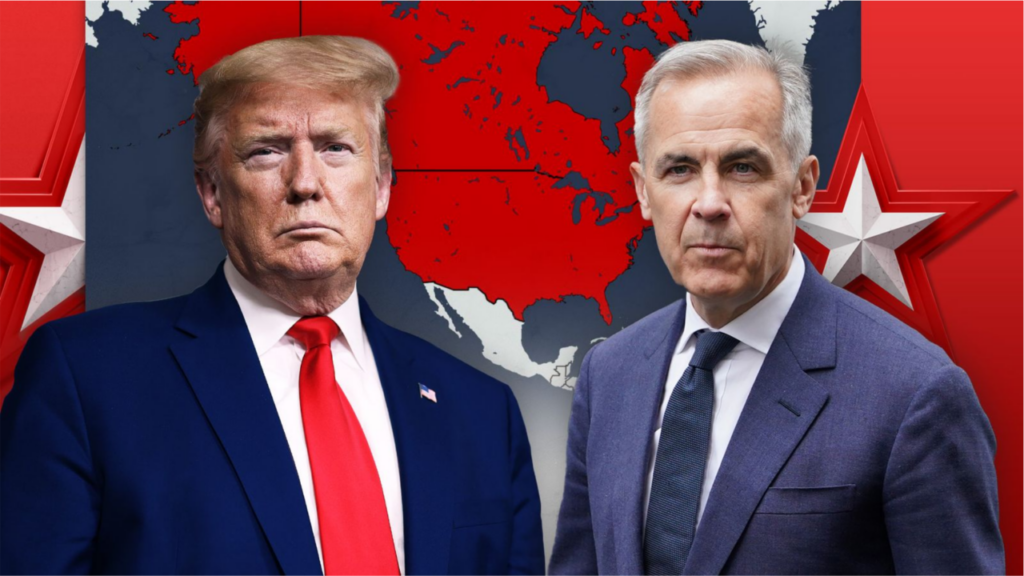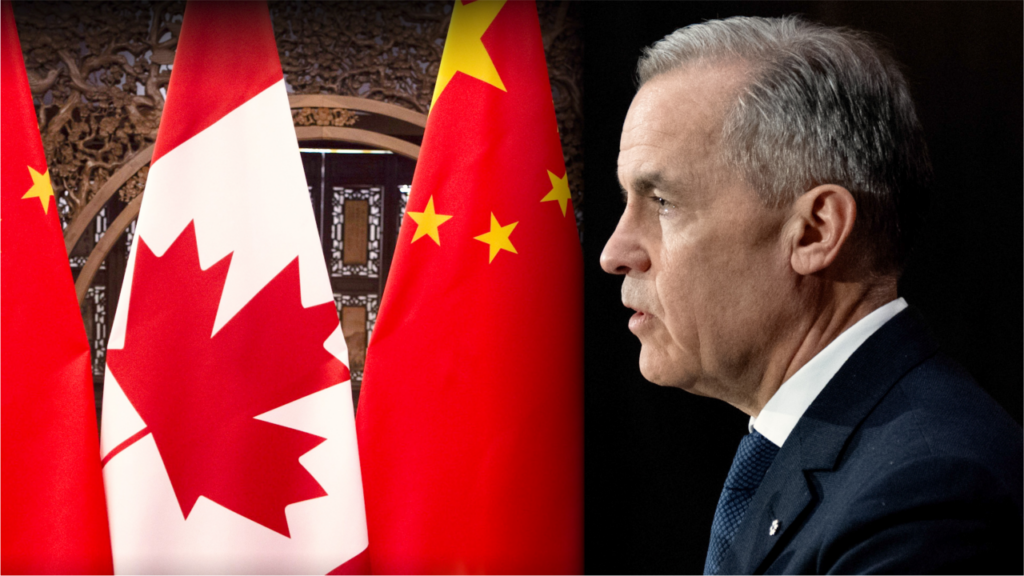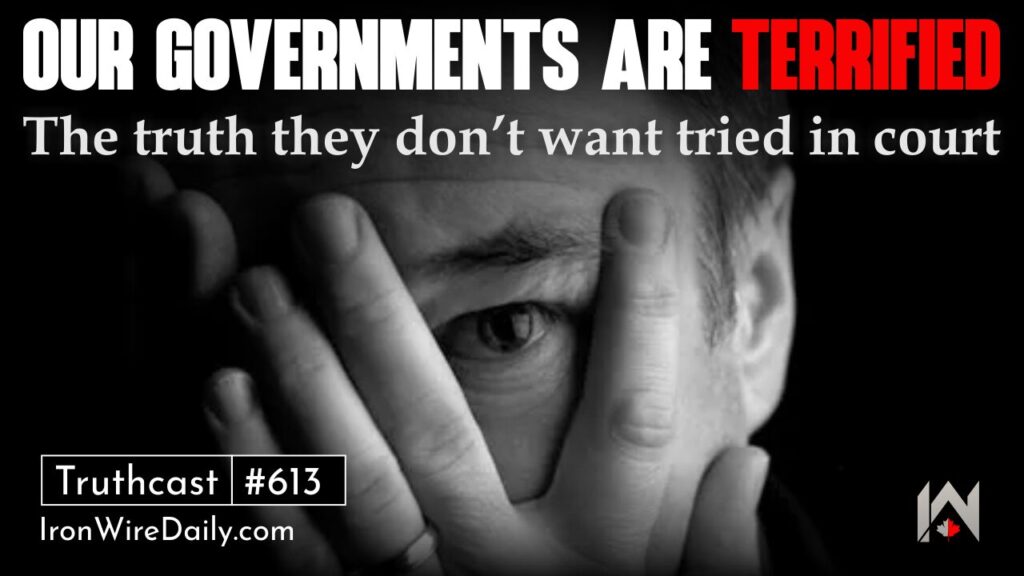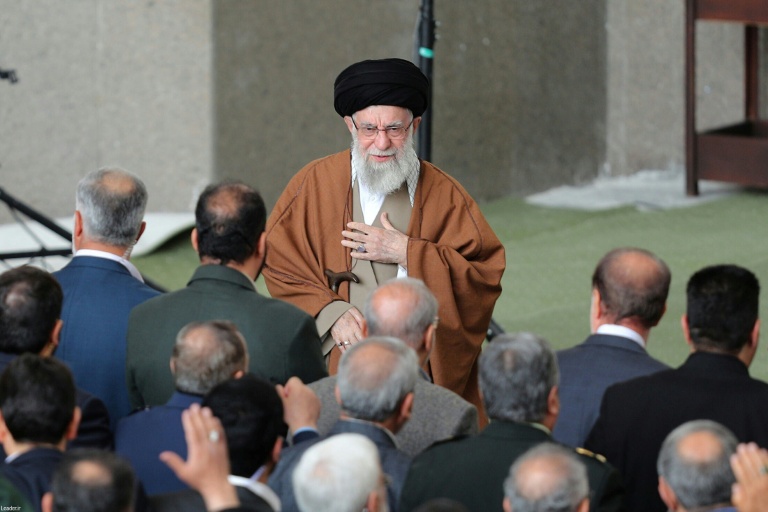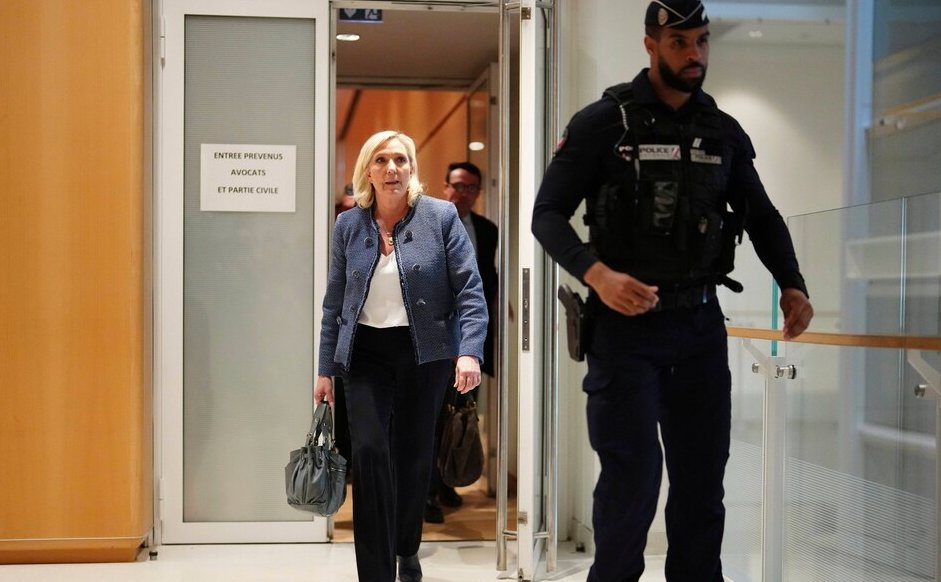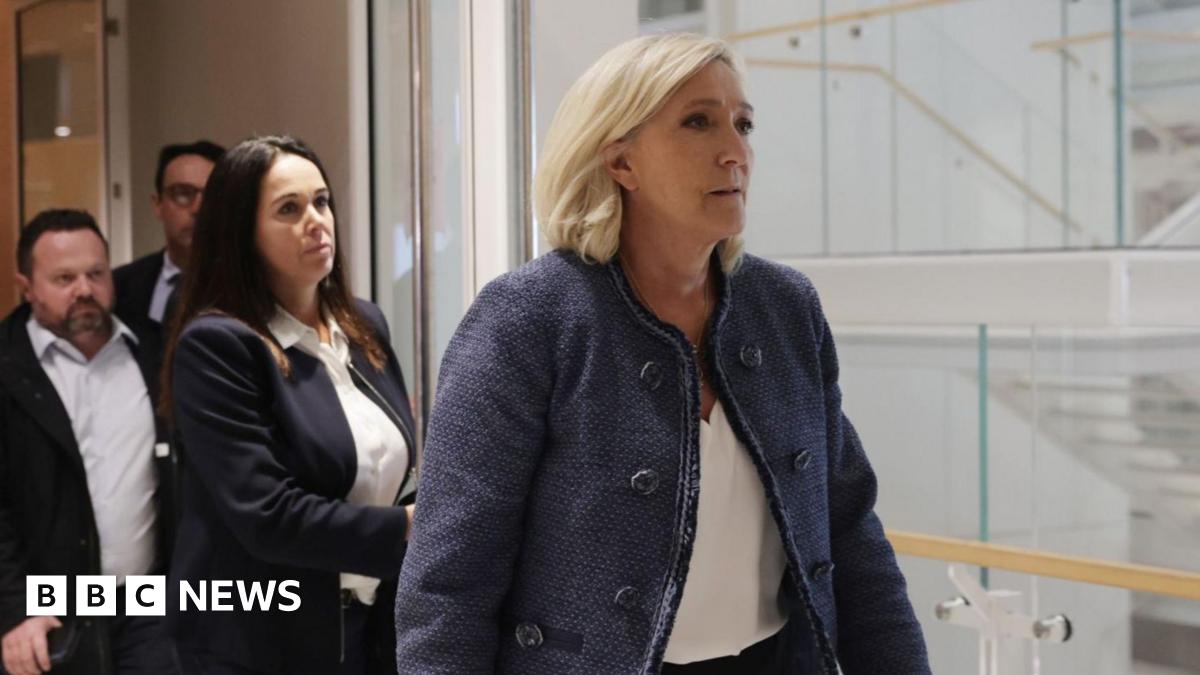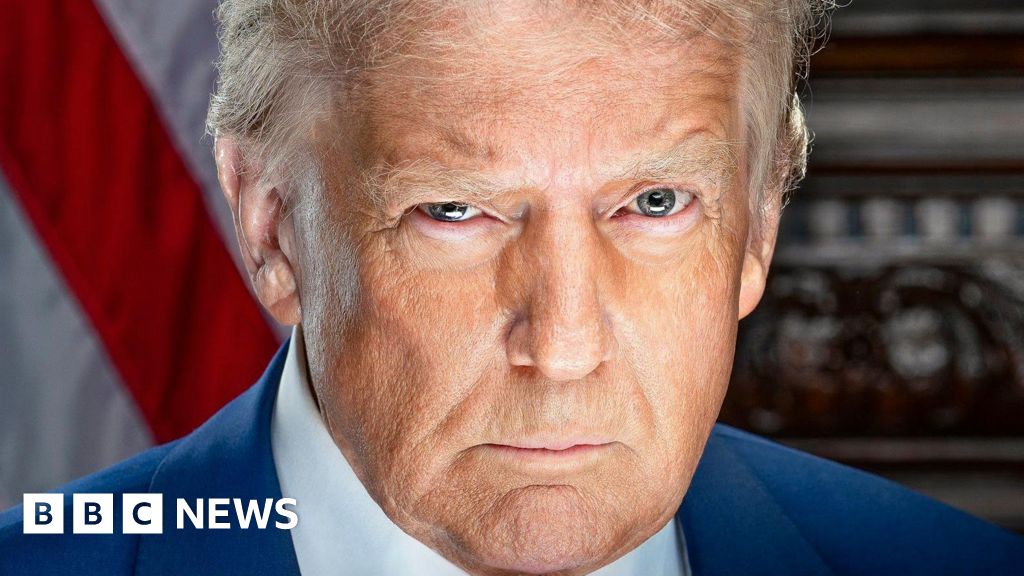Source: The Epoch Times
Prime Minister Mark Carney said his phone call with U.S. President Donald Trump was “substantive” and the two agreed to further discussions on the two countries’ “broader economic and security partnership.”
“The president respected Canada’s sovereignty today, both in his private and public comments,” Carney said on March 28 in Montreal.
Speaking to reporters in French, Carney said it was necessary for Canada to have a “new deal” with the United States, as there is “too much change, too many tariffs, too many threats, too much uncertainty right now in the relation.”
When asked if he believed there was a strategy behind Trump being more respectful in his tone toward Canada following the phone call, Carney said there is “always a strategy” in a negotiation. He said Ottawa has been clear about its priorities and how it would approach negotiations with the United States, and that Canada will continue to develop alternative trading options with other countries.
“Perhaps there was a different impression before about how strong Canada really is,” Carney also said of the phone call.
Following the phone call between the two leaders earlier in the day, Trump took to Truth Social to say it was an “extremely productive” discussion, and that he and Carney will meet “immediately after Canada’s upcoming Election to work on elements of Politics, Business, and all other factors.”
The U.S. president also said that the discussion between the two leaders will “end up being great for both the United States of America and Canada.”
Trump has said on many occasions that he wants Canada to be a part of the United States, referring to the country as the “51st state” of the United States, and calling former Prime Minister Justin Trudeau “Governor Trudeau.”
A readout from the Prime Minister’s Office said Carney and Trump had a “very constructive conversation about the relationship between our two countries.” The leaders agreed to begin “comprehensive negotiations” about a new economic and security relationship after the election, it added.
Until the election wraps up on April 28, conversations between Canada’s International Trade Minister Dominic LeBlanc and U.S. Secretary of Commerce Howard Lutnick would “intensify to address immediate concerns,” according to the statement.
Carney also informed Trump that Canada will implement retaliatory tariffs after the United States announces additional trade actions on April 2, the PMO said.
On March 26, Trump announced he would put 25 percent tariffs on all vehicles and some car parts imported into the United States. The automobile tariffs are set to kick in on April 3, a day after the United States will impose reciprocal tariffs on all its trading partners. Tariffs on auto parts will take effect on May 3.
Trump also placed 25 percent tariffs on Canada and Mexico on March 4, but soon after, announced a one-month tariff pause on all products compliant with the United States-Mexico-Canada Agreement. Trump also imposed 25 percent tariffs on all imports of steel and aluminum, including from Canada, on March 12.
Carney said Trump did not indicate he would be lifting the tariffs on automobiles, steel, or aluminum, and Carney’s response was that this was the “start of a process” for more intensive discussions between the two sides.
Supply Management, Digital Services Tax
During the press conference in Montreal, Carney was asked if he discussed supply management with Trump. Carney said he has been clear since he launched his campaign to be Liberal leader that “we will never have discussions with respect to supply management, it’s off the table.”
Canada’s supply management system coordinates production and demand relating to dairy, chicken, eggs, and turkey products while controlling imports and prices. It can include tariffs as high as 300 percent.
Trump has criticized supply management and said Canada has treated American farmers “very unfairly” by imposing such high tariffs.
On March 7, Trump threatened to place reciprocal tariffs on Canadian lumber and dairy products.
Carney was also asked about Ottawa’s Digital Services Tax, and responded that “there’s certain things that are off the table.”
“[On] other issues we can have discussions, but we will only agree to things that are in Canada’s interests,” he said.
The tax is a 3 percent levy aimed at digital giants such as Netflix, many of which are based in the United States, that receive revenue from Canadian subscribers and contributors. The United States has expressed displeasure with the tax, arguing it is discriminatory against U.S. companies.


